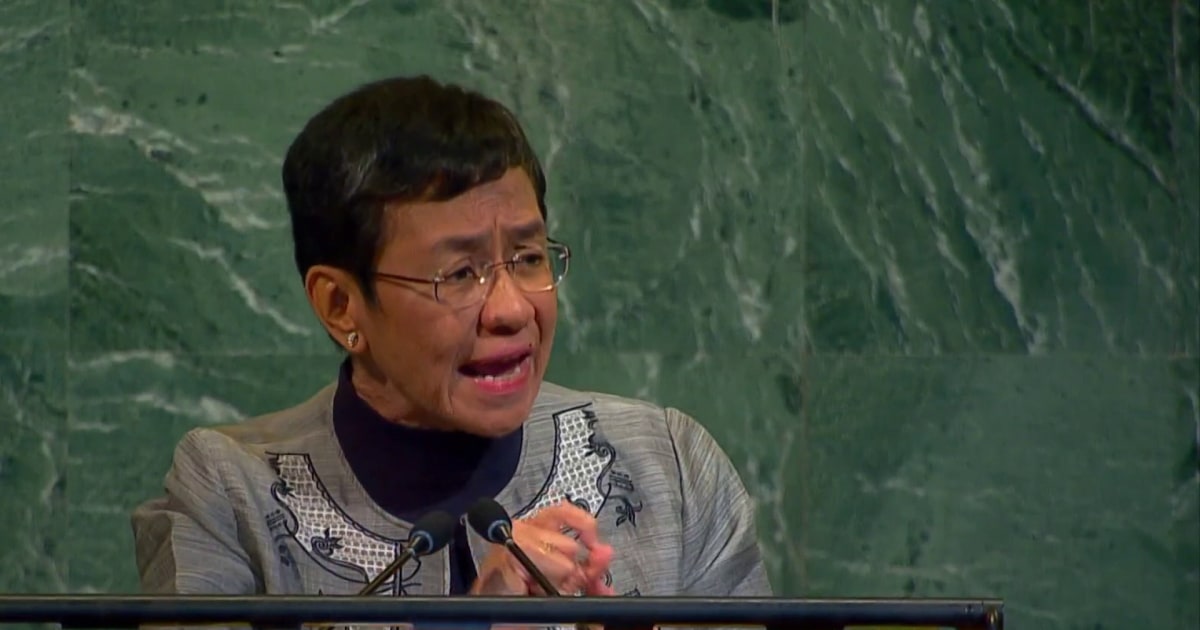The U.N. General Assembly’s Call for Binding AI Safeguards: A Look into Emerging AI Regulations
Background on AI’s Rapid Growth
Artificial Intelligence (AI) has become an integral part of modern life, influencing various sectors from healthcare to finance, transportation to entertainment. With its unprecedented growth and adoption, AI technologies have transformed how we communicate, work, and live. Yet, such rapid advancements come with risks and ethical dilemmas, prompting calls for stricter regulations to ensure responsible use.
The U.N. General Assembly’s Urgent Proposal
Recently, the U.N. General Assembly made headlines by calling for binding international measures regarding AI implementation. Key political figures, leading scientists, and Nobel Prize winners have voiced their concerns about the implications of AI, advocating for frameworks that can address potential abuses and ethical violations.
This proposal highlights an urgent need for global dialogue and cooperation. Stakeholders aim to establish standards that govern the ethical use of AI, ensuring that innovations do not outpace the safeguards necessary to protect society.
The Role of Politicians and Scientists
Prominent voices in the AI discourse have echoed the U.N.’s call to action. Politicians argue that legislation must keep pace with technological advancements. They emphasize the necessity for countries to collaborate on a regulatory framework that transcends national borders.
Scientists, on the other hand, are urging for a cautious approach. Many express fears that without ethical guardrails, AI could exacerbate inequalities or lead to misuse in areas such as surveillance or military applications. The intersection of technology and ethics has prompted a collective reassessment of existing norms.
Ethical Considerations in AI Development
The ethical implications of AI are multifaceted. Concerns range from biased algorithms that can perpetuate societal inequalities to the lack of transparency in AI decision-making processes. Moreover, the potential for unintended consequences, where AI systems could make decisions contrary to human morals or societal values, raises alarms.
As these technologies are increasingly integrated into everyday life, it becomes vital to not only address the immediate impacts but also foresee long-term societal consequences. Calls for AI accountability mechanisms, such as audit trails and checks, are gaining momentum.
Global Implications of AI Regulations
The ripple effects of poorly managed AI implementations can be global. Cybersecurity threats, misinformation campaigns, and automation-related job displacements are just the tip of the iceberg. Nations that fail to cooperate on establishing robust regulations may inadvertently create loopholes that can be exploited.
As various countries explore their own AI policies, a fragmented regulatory landscape could emerge, complicating international relations and trade. This underscores the importance of a unified regulatory approach that can provide consistency and security across borders.
Public Engagement and Awareness
Public discourse surrounding AI has largely lagged behind the pace of technological advancements. However, the U.N.’s recent actions may catalyze a broader dialogue among citizens. Increasing awareness around AI’s implications can lead to more informed public opinion and pressure on political leaders to enact meaningful regulations.
Educational initiatives aiming to demystify AI for the general public can play a significant role in building a collective understanding of its risks and benefits. By fostering a well-informed populace, stakeholders can hold leaders accountable for responsible AI governance.
The Future: Balancing Innovation and Safety
The challenge now lies in balancing the drive for innovation with the need for ethical governance. While regulation is necessary, overly restrictive measures could stifle creativity and technological progress. The goal is to create an environment where AI can flourish while ensuring it serves humanity positively.
As discussions advance within international forums, stakeholders must focus on establishing flexible yet robust guidelines that can adapt to the rapidly evolving landscape of AI technology. The U.N. General Assembly’s call for binding safeguards marks a fundamental step in this ongoing conversation.
In essence, what’s at stake is not just technology, but the very fabric of society that AI has the potential to alter. Engaging in this dialogue is crucial as we navigate the complexities of an AI-driven future.



